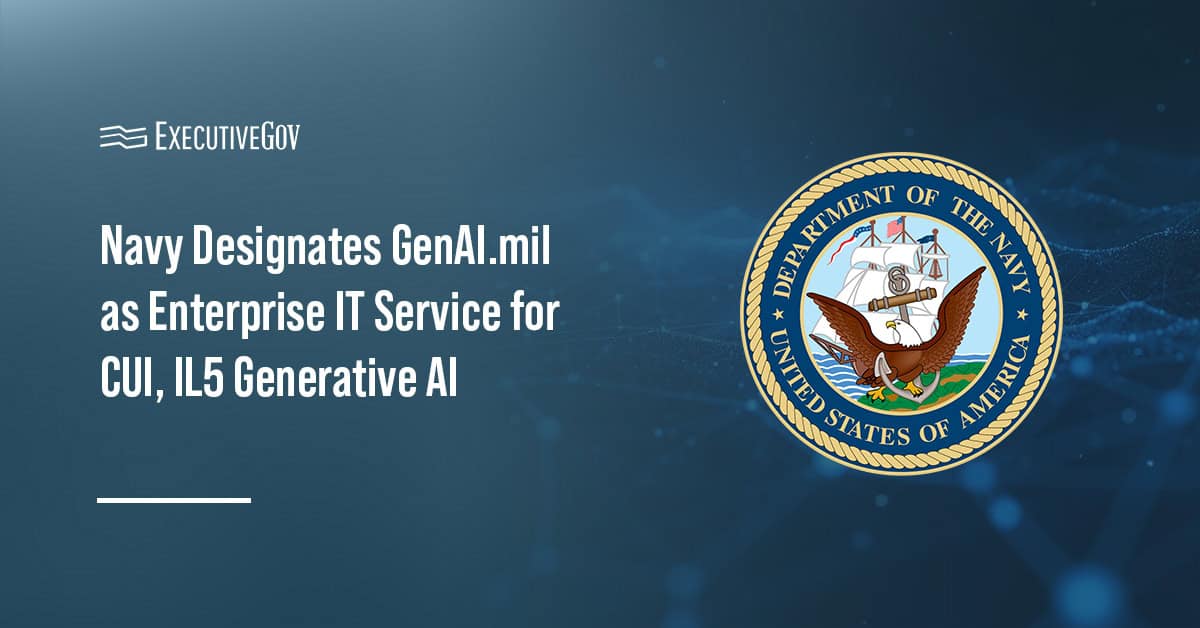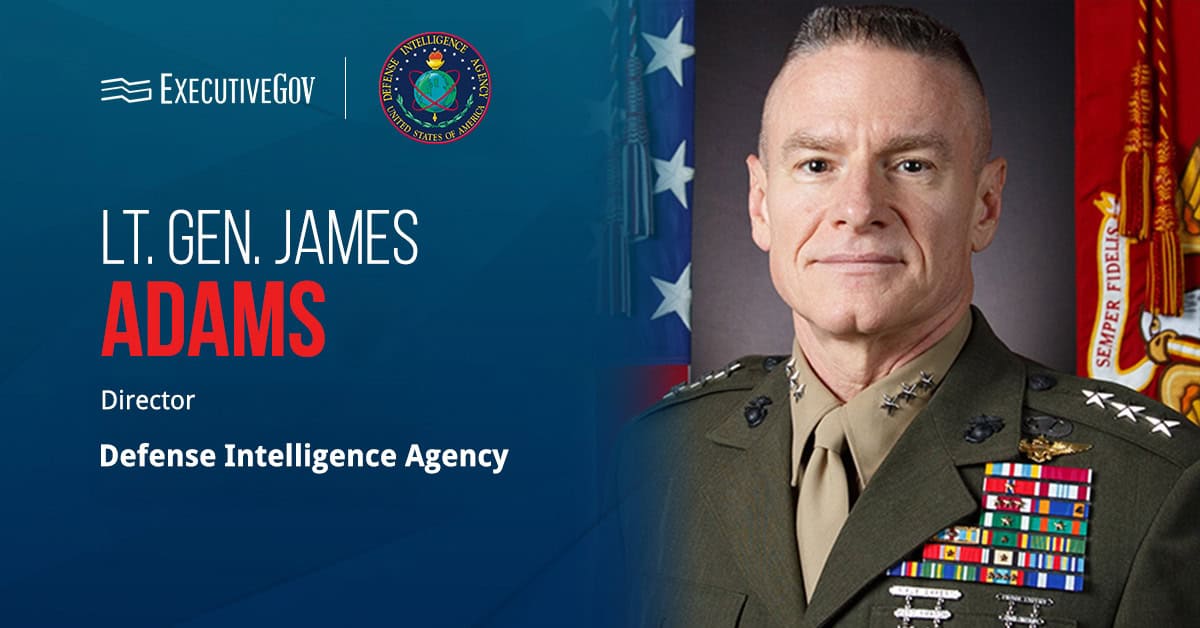
Gen. John Raymond, commander of the U.S. Space Command, said at a Mitchell Institute event in Washington, D.C. that he is hopeful that Congress will pass legislation to create a Space Force “in the coming months.â€
The Air Force said Friday that Spacecom is launching training initiatives focused on space operations as well as efforts to collaborate with industry to rapidly deploy new space capabilities.
The command also conducted the Coalition Space Flag exercise focused on fostering space preparedness for U.S. and allied forces including Canada, Australia and the U.K, according to Raymond. In addition, Spacecom is studying information-sharing efforts with industry and the general public to help improve deterrence.
Spaceom is planning to hold its second air chiefs meeting on space-related issues as well as another Coalition Space Flag exercise next year.





